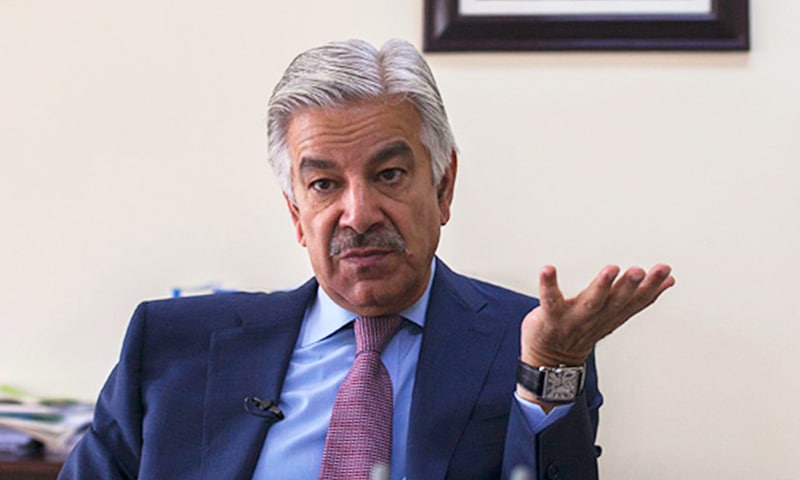ISLAMABAD: Pakistan’s Defense Minister Khawaja Asif has issued a stern warning to India, stating that any structure built in violation of the Indus Waters Treaty will be targeted and destroyed by Pakistan. Speaking in a televised interview, the minister asserted that any attempt by India to obstruct water flow would be met with forceful retaliation.
He emphasized that Pakistan will not tolerate any such aggression, noting that India has yet to provide evidence supporting its allegations concerning the recent Pahalgam attack. Khawaja Asif added that India is now entangled in the consequences of its own narrative.
Commenting on recent diplomatic developments, Asif remarked that the U.S. Vice President has extended a symbolic face-saving gesture to India. However, he warned that any such move, if repeated by India, would receive a firm and appropriate response from Pakistan.
Also Read: Pakistan to send notice to India over Indus Waters Treaty breach
Addressing heightened military tensions, Khawaja Asif mentioned that Rafale jets have been seen flying near Pakistan’s borders, but clarified that Pakistan does not intend to initiate conflict. “We will respond if provoked, but we are not seeking war,” he affirmed.
Meanwhile, Prime Minister Shehbaz Sharif has engaged in diplomatic outreach, meeting with ambassadors of the United Arab Emirates and Saudi Arabia to seek support for Pakistan’s position amid rising tensions with India. Reiterating Pakistan’s stance, the prime minister said the country had no involvement in the Pahalgam incident and rejected Indian accusations.
Sharif accused India of trying to destabilize regional peace and divert Pakistan’s focus from its western front. He praised the long-standing ties with both the UAE and Saudi Arabia, expressing gratitude for their continued support.
Highlighting the gravity of the situation, the prime minister warned that both India and Pakistan are nuclear-armed nations, and even minor escalations could trigger catastrophic consequences—not just for the region, but globally





